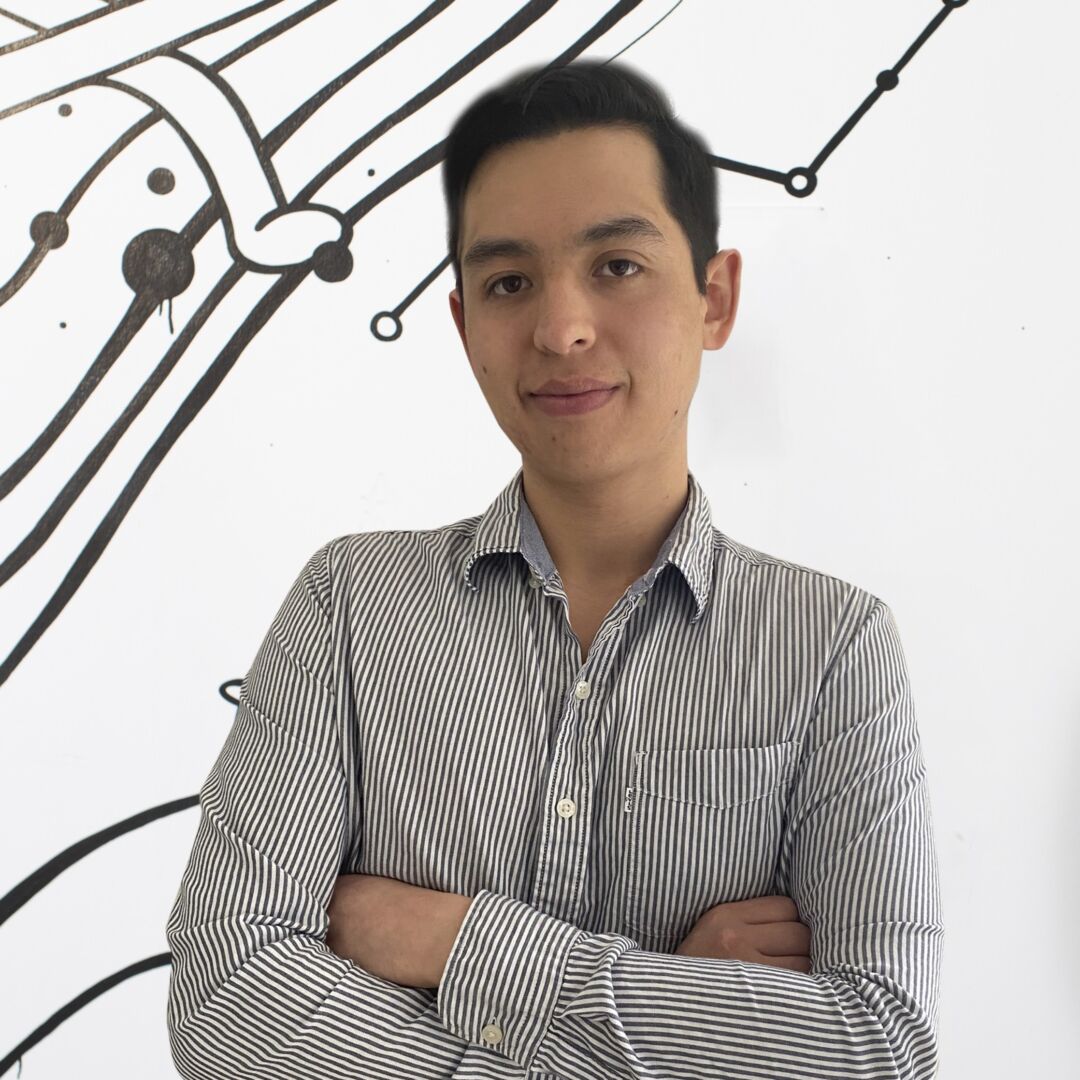The word hub sounds already warm and friendly – nearly like a hug! And in a way they are exactly that, welcoming places to connect and develop trust. What are the IDSA hubs in France, Italy, Spain and Finland doing? Who can get a “hug” and how?
Generally speaking, hubs raise awareness around data spaces and its opportunities: Their mission is to show people the beauty and value of data sharing. Their facilitators are universities or research institutions that orchestrate the activities. Why are they so important? They are centers of expertise, sources of knowledge and implementation partners. They know how to help.
Open source is key for the construction of data spaces
In this discussion, all participants agreed that the awareness of IDSA topics is still not big. There is a striking difference between IT people and industry people: IT people are eager for new development, while industry people need to see the business value and are cautious. In Spain and in Italy, the hubs try to bring them together and talk about why is makes sense to improve and share data. Often it is necessary to explain the difference between IDSA and Gaia-X: Some people think they are the same instead of understanding that they are complementary. The companies in Finland prefer to share data with companies they know and already collaborate with. They are comfortable using IDS. But bigger usage and bigger business models still face a challenge.
Open source is key for the construction of data spaces, emphasize all four panelists. Arising questions around open source are about community and availability: Where can I find it? Is it compatible with the IDS Connector? In Italy, Cefriel uses IDS components and created a governance layer to fit the needs of their use cases. In Finland, VTT is happy that open source has been finally adopted. Now the focus is on community building. VTT is keen to develop open-source components further: “We are very happy to not have to start from scratch anymore! We are on the right track.”
Companies want something they can plug in, and it’s done
Along with data sharing growth come new challenges. Anne-Sophie Taillandier of IMT used a vivid image to describe the situation: “It’s not so easy for companies to work in ecosystems because the ground is moving, and you can’t see the top.” There are technical challenges, and more standards are needed, cross domain data spaces have to be built.
“Ease of use is key” emphasizes Nadia Scandelli. “Companies want something they can plug in, and it’s done. Small companies don’t have an IT department that can install the components.” For Jesús Alonso of Innovalia, a cause for concern is “that the industry produces a lot of data, but the data isn’t ready to be shared. Data quality has to be improved, because raw data has no value.” Markus Taumberger sums it up nicely: “We still have some homework to do.”
Although organizations are aware of the importance of data sovereignty, many find it difficult to put the concept into practice. This is where our hubs are the experimentation areas we need. They build the network and drive the innovation for the business of data sharing. There is still a long way to go but change is coming and if you would like to be one of the front-runners, join us!




